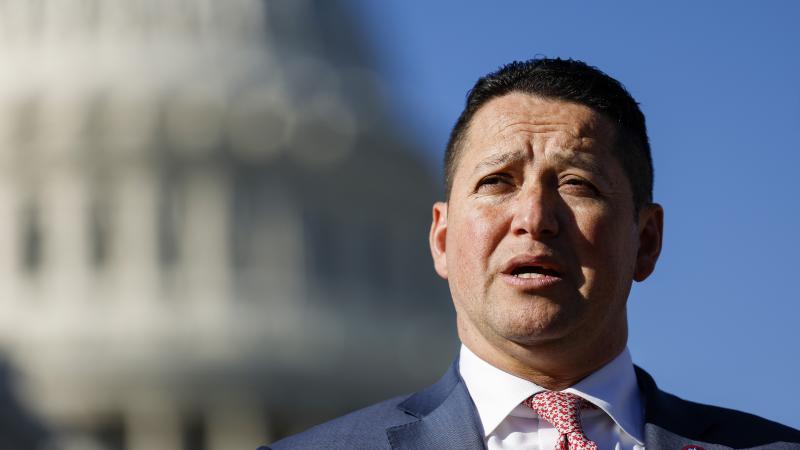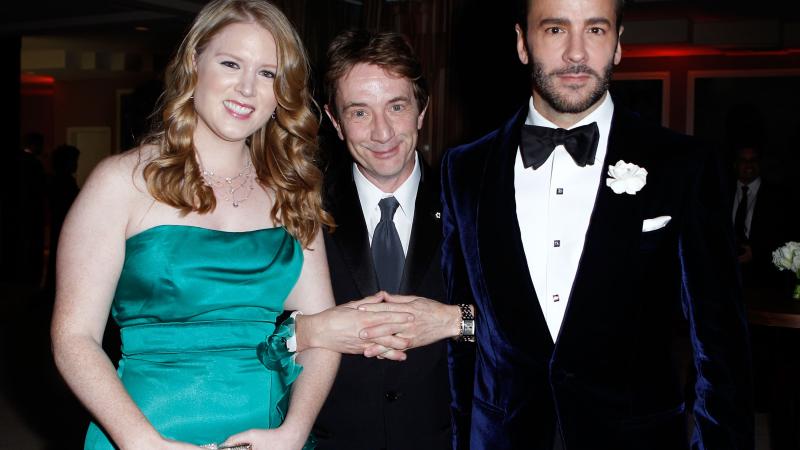Scientist admits he 'left out the full truth' in order to publish climate change wildfire study
Brown clarified that he is not "disowning" his study, just how he approached it.
A scientist from California recently admitted that he "left out the full truth" about extreme wildfire behavior in order to get his study published in a science journal.
Doctor of earth and climate sciences and Johns Hopkins University lecturer Patrick T. Brown, wrote an article in The Free Press in which he admitted that he distorted some of his research in order to please the editors at Nature and Science magazines, which are prestigious online science journals.
"And the editors of these journals have made it abundantly clear, both by what they publish and what they reject, that they want climate papers that support certain pre-approved narratives—even when those narratives come at the expense of broader knowledge for society," Brown wrote in the article.
Last month, Brown published a study that stated climate change heavily impacted "wildfire behavior" such as the ones that often occur in California and the devastating fire that swept through Maui in Hawaii.
He now admits that his study "focused narrowly" on the influence of climate change on extreme wildfire behavior and didn't focus broadly on other "obviously relevant factors" that contributed.
"Make no mistake," he writes, "that influence is very real. But there are also other factors that can be just as or more important, such as poor forest management and the increasing number of people who start wildfires either accidentally or purposely. (A startling fact: over 80 percent of wildfires in the US are ignited by humans.)"
Brown clarified that he is not "disowning" his work, just how he approached it.
"You might be wondering at this point if I’m disowning my own paper. I’m not," Brown wrote. "On the contrary, I think it advances our understanding of climate change’s role in day-to-day wildfire behavior. It’s just that the process of customizing the research for an eminent journal caused it to be less useful than it could have been."
















